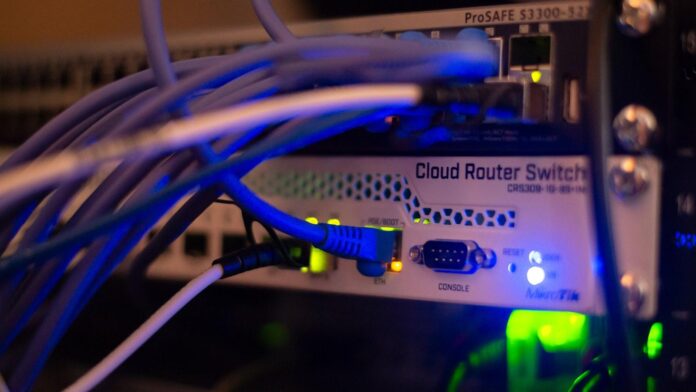
Managing High Blood Sugar Levels: Tips and Strategies
High blood sugar levels, also known as hyperglycemia, can be a dangerous health condition that is commonly associated with diabetes. When blood sugar levels are consistently elevated, it can lead to a range of serious health complications, including cardiovascular disease, nerve damage, kidney disease, and even stroke. Managing high blood sugar levels is essential for overall health and well-being, and there are several tips and strategies that can help individuals effectively control and regulate their blood sugar levels.
1. Monitor Your Blood Sugar Levels Regularly
One of the most important tips for managing high blood sugar levels is to monitor your blood sugar levels regularly. This can be done by regularly testing your blood sugar levels at home using a blood glucose meter. By monitoring your blood sugar levels consistently, you can track how your body responds to certain foods, medications, and activities, and make adjustments as needed to keep your blood sugar levels in a healthy range.
2. Maintain a Healthy Diet
Eating a healthy and balanced diet is crucial for managing high blood sugar levels. A diet that is high in fiber, whole grains, fruits, vegetables, and lean proteins can help control blood sugar levels and prevent spikes and crashes in blood sugar. Avoiding sugary, processed foods and beverages is also important, as these can cause sharp increases in blood sugar levels. It’s also important to pay attention to portion sizes and meal timing, as eating smaller, more frequent meals throughout the day can help stabilize blood sugar levels.
3. Stay Hydrated
Staying hydrated is important for managing high blood sugar levels, as dehydration can lead to an increase in blood sugar levels. Drinking plenty of water throughout the day can help prevent dehydration and support overall health and well-being. Aim to drink at least 8-10 glasses of water per day, and avoid sugary drinks and excessive caffeine, as these can also impact blood sugar levels.
4. Get Regular Exercise
Regular physical activity is essential for managing high blood sugar levels. Exercise helps to increase insulin sensitivity, which can help the body regulate blood sugar levels more effectively. Aim for at least 30 minutes of moderate-intensity exercise most days of the week, such as walking, biking, or swimming. Strength training exercises can also be beneficial for improving insulin sensitivity and blood sugar control.
5. Manage Stress
Stress can have a significant impact on blood sugar levels, so it’s important to find ways to manage stress effectively. Techniques such as deep breathing, meditation, yoga, and mindfulness can help reduce stress levels and support overall health and well-being. It’s also important to prioritize self-care and make time for activities that bring joy and relaxation.
6. Take Medications as Prescribed
For individuals with diabetes, taking medications as prescribed by a healthcare provider is essential for managing high blood sugar levels. This may include insulin injections, oral medications, or other treatments that help regulate blood sugar levels. It’s important to follow your healthcare provider’s recommendations and keep track of your medication schedule to ensure that blood sugar levels are properly controlled.
7. Seek Support
Managing high blood sugar levels can be challenging, so it’s important to seek support from healthcare providers, friends, family, and support groups. Having a strong support system can provide encouragement, motivation, and accountability for managing blood sugar levels effectively. Healthcare providers can offer guidance, education, and resources to help individuals make healthy lifestyle choices and control blood sugar levels.
In conclusion, managing high blood sugar levels is essential for overall health and well-being, especially for individuals with diabetes. By monitoring blood sugar levels regularly, maintaining a healthy diet, staying hydrated, getting regular exercise, managing stress, taking medications as prescribed, and seeking support, individuals can effectively control and regulate their blood sugar levels. By implementing these tips and strategies into daily routines, individuals can improve their health outcomes and reduce the risk of complications associated with high blood sugar levels. Remember to consult with a healthcare provider for personalized recommendations and guidance on managing high blood sugar levels.












